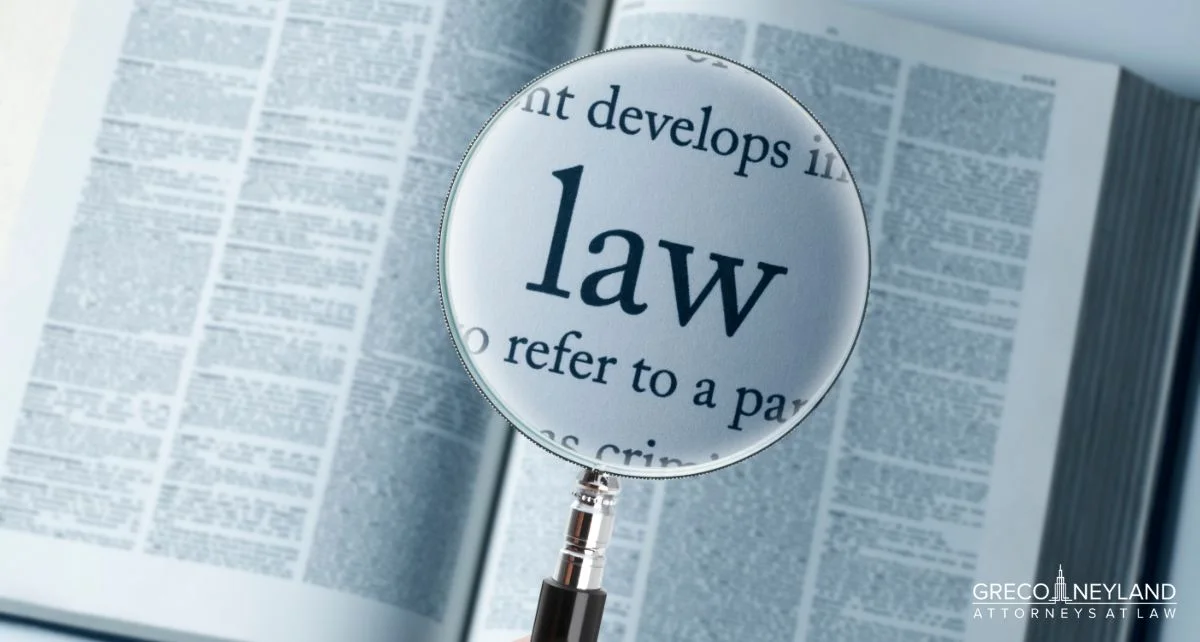

If you live in New York or are thinking about starting a relationship with someone who does, it’s essential to understand the state’s age of consent laws. These laws govern sexual activity, define consent, and protect youth from predatory behavior. The New York age of consent laws can be complicated, so it is important to do your due diligence to understand the key aspects of these laws and the associated penalties for violations.
Table of Contents
As of 2024, the legal age of consent in New York is 17 years old. This means that individuals who are 17 or older can legally engage in consensual sexual activity. Sexual activity with anyone under 17 is considered statutory rape, which can result in severe criminal penalties, even if the minor consents to the activity
The penalties associated with statutory rape and other related sexual offenses in New York differ based on the ages of the individuals and the type of sexual activity involved. Below are the primary classifications and their corresponding penalties:
Other offenses, like criminal sexual acts and sexual abuse, carry similar penalties, depending on the age and circumstances involved.
In New York, although the age of consent is strict, there are several recognized exceptions in the context of statutory rape. One of them is that the defendant had a reasonable belief that the complainant, or alleged victim, was of legal age to consent to sexual conduct.
This defense is a fact-specific inquiry that involves an evaluation of the details of the case, such as when and how the belief was formed and whether it was reasonable. An attorney who understands the legal nuances can know when this is a valid defense.
A conviction for statutory rape in New York is severe, with potential consequences that will continue for the rest of the defendant’s life. Punishments aside from jail time and fines, such as sex offender registration requirements, can go a long way toward destroying an innocent person’s ability to lead a normal life. These can limit employment opportunities, housing, and social life, while also subjecting a defendant to public scorn.
Sexual consent is key to the sexual offense laws in New York. Anyone at least 17 years old must give informed, voluntary, and mutual consent to any sexual activity. Consent cannot be legally given by people under 17 years old or those who are incapacitated. This protects the vulnerable from exploitation.
Since the age of consent in New York has increased several times to the current age of 17, it is evident that our society’s values and understanding of the protections and rights that minors need have changed over time. The most recent legislative updates have especially been aimed at closing loopholes and providing clearer definitions to help protect minors.
Increasing public awareness through media campaigns or school-based educational programs can educate both minors and adults about these laws. This contributes to helping everyone become aware of the need to respect other people’s boundaries and understand the age of consent laws.
A: Technically, it is not illegal for a 16-year-old and a 20-year-old to date in New York. However, any sexual activity between them is very clearly illegal. The age of consent in New York is 17, meaning that sexual contact with anyone under this age constitutes statutory rape, regardless of consent. This can result in severe legal consequences for the 20-year-old.
A: Yes, a 17-year-old can legally give consent to sexual activities in New York. At this age, an individual is considered capable of legally consenting to sex. Thus, engaging in sexual activity with someone who is 17 years of age or older is lawful and does not violate the state’s statutory rape laws.
A: Yes, a 17-year-old and an 18-year-old can legally date and engage in consensual sexual activity in New York. Because the age of consent is 17, both individuals are legally able to provide consent. Therefore, no statutory rape charges would apply to any sexual activity between these individuals based on their age.
A: The age of consent in the United States varies by state. In New York, the age of consent is 17 years old. This means that individuals must be at least 17 years old to legally consent to sexual activities, ensuring that consent is informed and voluntary. This protects minors from exploitation.
New York’s age of consent laws exist to protect young people from sexual predators, but they also ensure that any sexual activity they engage in is consensual and appropriate. It is important to have an understanding of the age of consent laws to stop anyone from having sexual relations with minors who may not have matured enough to consent. Having sex with an unconsenting minor can lead to criminal prosecution and mandatory sex offender registration.
If you or someone you know is accused of statutory rape or another sex crime, it is important to seek legal help from an experienced attorney at Greco Neyland, PC. Our firm can advise you of your rights and help you build a defense. Staying informed and aware of these laws is a small but important step to creating a better and more respectful environment for everyone. We are ready to serve you today and are fluent in English and Spanish.
Jeffery Greco is an attorney providing legal services covering Criminal Defense and Criminal Defense: White Collar and Criminal Defense: DUI / DWI. Jeffery Greco, who practices law in New York, New York, was selected to Super Lawyers for 2020 - 2023. This peer designation is awarded only to a select number of accomplished attorneys in each state. The Super Lawyers selection process takes into account peer recognition, professional achievement in legal practice, and other cogent factors. Prior to becoming an attorney, he studied at South Texas College of Law Houston. He graduated in 2004. After passing the bar exam, he was admitted to legal practice in 2005.